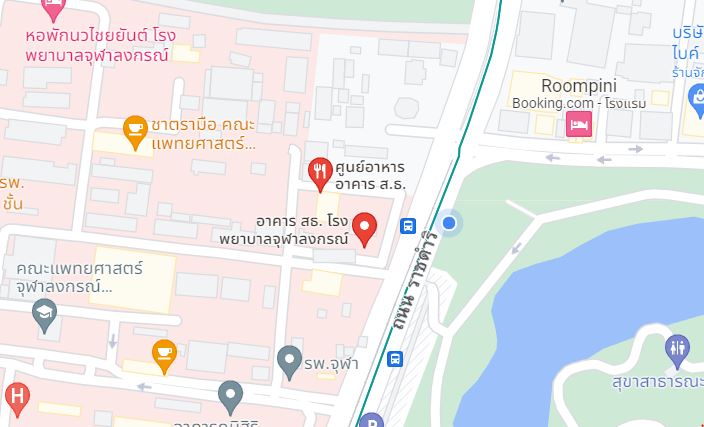Movement Fellowship Program
Program overview
- The ChulaPD Movement Disorders Fellowship Program, established in 2007 by Professor Roongroj Bhidayasiri, has emerged as a leading center for the training of specialists in movement disorders.
Over the years, this program has trained 33 fellows, equipping them with the skills and expertise necessary to address the growing needs in this critical field of neurology. - Our fellows have achieved remarkable success, including securing both national and international research grants. Many of them have gone on to become the sole movement disorders specialists in their respective regions, making significant contributions to improving clinical care and education in underserved areas.
- Through their efforts, the program continues to bridge gaps in specialist services, fostering better outcomes for patients with movement disorders across diverse communities.

Program structure
1.) 6-Month to 1-Year Certificate Program
This pathway focuses on providing:
- In-Depth Clinical Training: Fellows will gain expertise in managing patients with Parkinson’s disease and other movement disorders through both outpatient clinic settings and inpatient consultations.
- Research Exposure: Fellows are encouraged to undertake a brief research project and complete a manuscript by the end of the program.
This short-term program is ideal for clinicians looking to enhance their clinical acumen and make immediate contributions to patient care and research.
2.) 2-Year Program with MSc/PhD Options
This comprehensive program includes:
- Advanced Clinical Training: Fellows will receive extensive clinical experience in managing complex movement disorder cases in outpatient and inpatient settings.
- Research Training: This pathway provides an opportunity to develop robust research skills, encompassing the entire research process —
from conceptualizing a study and writing a proposal to securing funding, conducting the study, and publishing findings. - Degree Opportunities: Fellows can enroll in MSc or PhD programs in collaboration with Chulalongkorn University,
allowing them to deepen their academic and research credentials while undergoing clinical training.
These program options ensure that fellows are well-prepared to excel as leaders in clinical care, research, and academia within the field of movement disorders.
DOWNLOAD our curriculum: LINK
Clinical training
- We offer a range of specialized clinics that provide training and clinical experience in movement disorders, including Parkinson’s disease.
Our clinics focus on addressing both motor and non-motor symptoms of Parkinson’s disease, as well as other movement disorders. These include:
- Parkinson’s Disease Clinic
- Movement Disorders Clinic
- Device-Aided Therapy Clinic
- Sleep-Related Movement Disorders and Nocturnal Parkinson’s Disease Clinic
- Neurophysiology Clinic
- Gait in Movement Disorders Clinic
- Neuropsychiatric Clinic
- Botulinum Toxin Injection Clinic for Movement Disorders - Through these clinics, we aim to deliver comprehensive education and hands-on experience in diagnosing and managing various movement disorders.

Educational program
We provide a robust educational program designed to equip fellows with advanced knowledge and skills in movement disorders. Our comprehensive program integrates diverse learning opportunities, fostering a deep understanding of clinical and research aspects in this specialized field.
Key Educational Components:
1.) Lectures: Regularly scheduled lectures delivered by esteemed faculty and guest experts provide a strong foundation in the theoretical and practical aspects of movement disorders
2.) Video Conferences: Interactive video conference sessions with national and international experts offer fellows the opportunity to engage in case discussions and stay updated on the latest advancements.
3.) Journal Clubs: Weekly journal club meetings encourage critical appraisal of current research, enhancing fellows' abilities to interpret and apply evidence-based medicine.
4.) Topic Reviews by Fellows: Fellows take an active role in leading discussions and reviews of key topics, fostering peer-to-peer learning and mastery of core concepts.
5.) Clinical and Radiological Signs Presentations: Fellows present unique clinical cases and radiological findings, sharpening diagnostic skills and fostering a collaborative learning environment.
6.) Participation in Local and International Seminars: Fellows are encouraged to attend and present at seminars and conferences, promoting professional development and networking with global leaders in movement disorders.

ดาวน์โหลดข้อมูล PDF File ด้านล่าง








